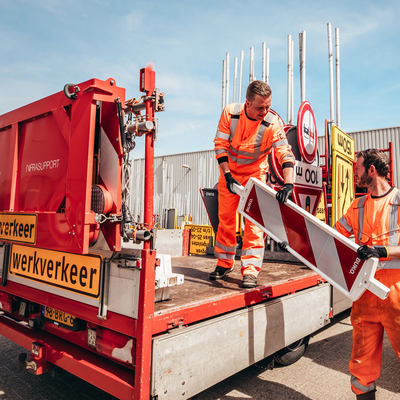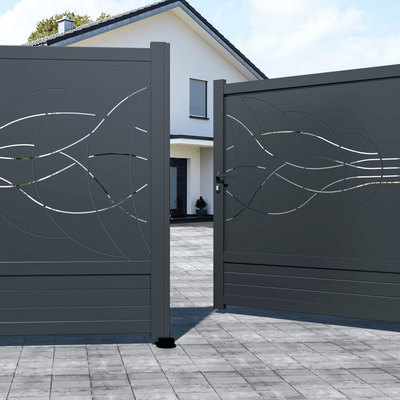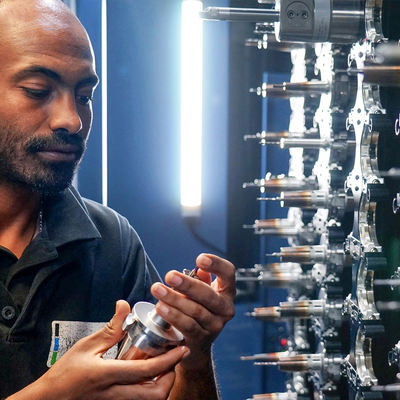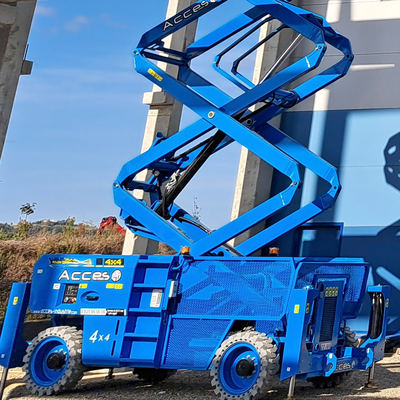Equistone Partners Europe
Historically operating across Benelux, France, Germany, Switzerland and the UK, Equistone aligns as a strategic partner alongside management teams. In each market, strong businesses with the potential to grow have been supported by our capital and guided by our experience.
Since we started managing dedicated external funds in 2002, we have built a consistent track record, encompassing over 180 investments.
The firm continues to invest in and manage its existing portfolio for its investors and to drive the best outcomes for all businesses – supporting both organic growth and strategic acquisitions.
For our investors, please visit the investor portal for more information or email us at ir@equistone.com.
For media enquiries, kindly contact our PR advisors at equistone@hawthornadvisors.com.
For information regarding Equistone Partners France, please click here.
For any other enquiries, please email us at info@equistone.com.
INVESTMENTS
A strong focus on change of ownership deals requiring between €25m and €200m of equity in businesses with enterprise values of between €50m and €500m.






















